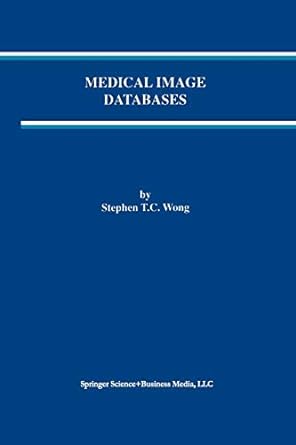Question
This is a series of problems, leading to a proof that the Ford-Fulkerson algorithm may not halt if some edge capacities are irrational. Prove that
This is a series of problems, leading to a proof that the Ford-Fulkerson algorithm may not halt if some edge capacities are irrational.
Prove that if all edge capacities are rational, Ford-Fulkerson halts.
Solve the recurrence a_{n+2} = a_n - a_{n+1} Use the initial conditions a_0 =1, a_1 = r where r is the root of the characteristic polynomial that has absolute value less than 1. Let S= sum_{n=0}^{n=infinity} a_n
Consider the directed graph G=(V,E) with V= { s, t, x_1 , x_2 , x_3 , x_4 , y_1 , y_2 , y_3 , y_4 } and edges (s, x_i ) for all i, (y_j , t) for all j, (y_i , y_j), (x_i , y_j ), (y_i , x_j ) for all i \= j, and edges e_i = (x_i , y_i ) for i=1, 2, 3, 4. Edges e_i have capacities a_{i-1} (the a_j are the solutions of the recurrence of part 2). All other arcs have capacity S.
Design a strategy that finds paths in the graph G_{f_k }(and corresponding increasing flows f_k such that f_k = a_k Prove your strategy by induction. This yields a flow which is the sum of the a_i
The strategy above yields an infinite sequanece of augmenting flows. Compute the limit (the sum of the series) and compare it with the maximum flow
Step by Step Solution
There are 3 Steps involved in it
Step: 1

Get Instant Access to Expert-Tailored Solutions
See step-by-step solutions with expert insights and AI powered tools for academic success
Step: 2

Step: 3

Ace Your Homework with AI
Get the answers you need in no time with our AI-driven, step-by-step assistance
Get Started


